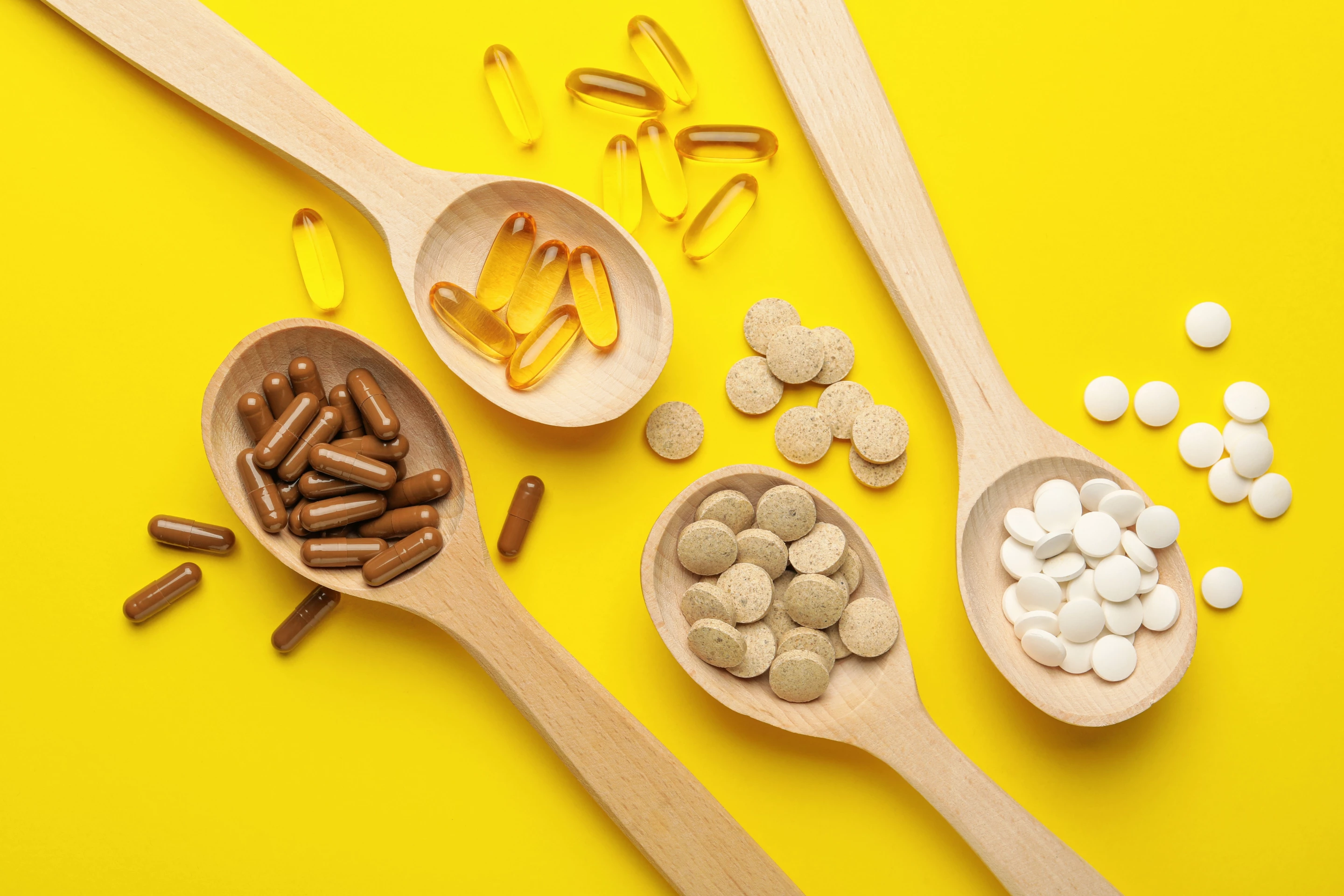From St John’s wort to vitamin D, the range of over-the-counter supplements for mental health support and wellbeing continues to expand at a rate faster than scientists can validate their efficacy. Now, a new metastudy has assessed 64 different products reviewed in hundreds of studies to shed light on how useful they are in relieving depression.
An international team of researchers reviewed 23,933 study records and 1,367 papers, homing in on 209 clinical trials that analyzed the efficacy of 64 common over-the-counter (OTC) supplements aimed at treating depression when taken consistently for more than a week. The collective data covered adults aged 18-60 years with either depression symptoms or an official diagnosis.
"Studies were not always straightforward – some tested multiple doses or products, some were in addition to antidepressants and in some trials people had a range of physical conditions in addition to depression," said study co-author Rachael Frost, a senior lecturer at Liverpool John Moores University. "We grouped our findings into products with substantive evidence (more than 10 trials), emerging evidence (between two and nine trials), and single trials only."
The most comprehensively studied products were omega-3s (39 trials), St John’s wort (38), prebiotics (18) and vitamin D (14) – as well as saffron (18), which is popular in the Middle East and Asia.
As far as relieving depression symptoms, there was little conclusive evidence that omega-3 supplements had any impact; the scientists found more studies produced no effects than those that showed some, compared to a placebo. In 2021, we covered one such study that failed to show omega-3 supplements played any role in treating depression.
St John's wort and saffron had the strongest positive outcomes, with studies showing these two distinct supplements worked, compared to a placebo, and were on par with existing prescription antidepressants. And gut-health probiotics, as well as vitamin D, reduced depressive symptoms to some degree in their respective controlled trials.
But overall, the researchers found a distinct lack of multiple trials for many emerging OTC products, which shows how far the science is lagging behind as the wellbeing supplements market continues to grow. More than 40 of the 64 products had only a single clinical study completed on them to date.
"Out of a range of products with promising evidence, those most commonly used and so warranting further research were lavender, lemon balm, chamomile and echium," the scientists noted.
As for the emerging supplements with little research, some showed the most promise in early studies: Folic acid, lavender, zinc, tryptophan, rhodiola and lemon balm. Lemon balm (Melissa officinalis L.) has been growing in popularity over the last 12 months, touted as an effective sleep aid and anti-anxiety mood booster.
Elsewhere, this research identified that, when looking at depression relief, bitter orange, Persian lavender and chamomile tea – featuring in two trials each – had positive outcomes.
Meanwhile, some of the most hyped supplements in 2025 – melatonin, magnesium, and curcumin – returned mixed results when focused on depression, and this was consistent for each across multiple clinical trials. The same inconclusive evidence was found for cinnamon, echium, vitamin C, and a vitamin D-calcium combo.
There's currently a lot of research into gut flora and mental health, but prebiotics, at this stage, were not significantly more effective for depression than a placebo. However, the microbiome is a complex system, and we don't yet fully understand how different levels of beneficial bugs can help or hinder physical and mental health.
"Products with limited but promising evidence included folic acid, lavender, zinc, tryptophan, rhodiola and lemon balm, and future research should focus on these products," Frost advised. "There is a need for further evaluation of herbal medical products as adjuncts to antidepressants, as well as a need to explore the benefits of products adjunctively to psychological therapies for a more integrative approach. Safety reporting needs to be further improved in these trials."
There are many reasons for the uptick in sales of such OTC supplements – and it's reflected in market value. In 2025, global sales of products classed as mental well-being supplements is estimated to be US$11.488 billion. It's projected to grow to $17.366 billion by 2030.
"It’s good news that very few safety concerns arose from any of these products, whether they were taken alone or in combination with antidepressants," Frost noted. "However, a healthcare professional should always be consulted on whether a product might interact with something else you are taking. A higher standard of safety reporting in trials is essential – only 145 (69%) of the examined studies fully reported any side effects from the products."
Whether you're for or against OTC supplements, consumers and scientists should agree that much more robust and comparative data is needed in order to justify the financial outlay. Meanwhile, many medical professionals remain skeptical about the efficacy of OTC "brain drugs," which don't need to go through the same rigorous Food and Drug Administration (FDA) vetting to be stocked on shelves.
The study was published in the journal Frontiers in Pharmacology.
Source: Liverpool John Moores University via Scimex





